

Audio
Word in your ear
Podcast: Climate conference, COVID and pregnancy, and inspiring careers
In this edition: The latest climate science ahead of COP28, how COVID impacts pregnancy, and founding a MedTech startup.



Audio
Podcast: Climate conference, COVID and pregnancy, and inspiring careers
In this edition: The latest climate science ahead of COP28, how COVID impacts pregnancy, and founding a MedTech startup.


Pandemic learnings and pest control developments: News from Imperial
Here’s a batch of fresh news and announcements from across Imperial.
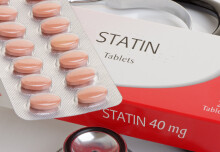

Statin benefits patients with severe COVID-19 while vitamin C is ‘ineffective'
A common cholesterol-lowering drug may improve outcomes for critically ill patients with COVID-19, while high dose vitamin C is ineffective.


Major study shows new insights into lasting impacts of COVID‐19 on UK population
Tens of thousands of people in England may have lasting symptoms from COVID‐19 more than a year
after infection, new analysis reveals.
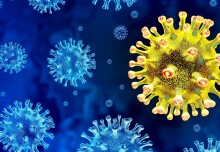

New multi-million research projects announced to tackle future disease threats
Imperial scientists are among those to lead ambitious new UK-based research to kickstart future vaccine development.
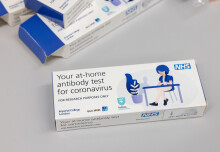

COVID-19 antibody tests provide insights into risk of hospitalisation and death
Simple at-home antibody tests can help understand who may be at risk of poor health outcomes and inform timing and roll-out of COVID vaccine boosters.
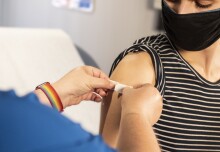

Study identifies vulnerable groups least likely to have COVID-19 antibodies
Findings from the MELODY study have identified which people with compromised immune systems are less likely to have COVID-19 antibodies.


Imperial researchers and Moderna partner to help children affected by orphanhood
Research will improve how children affected by orphanhood receive the support they need to lead healthy and fulfilling lives now and into adulthood.
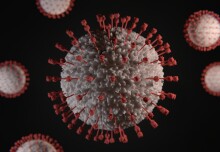

Study shows real-world COVID-19 vaccine response in vulnerable patient groups
Data from the OCTAVE study show for the first time COVID-19 vaccine responses for people with immunocompromised or immunosuppressed conditions.
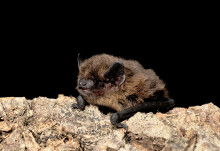

Monitoring British bats can help identify coronaviruses with pathogen potential
Researchers who found novel coronaviruses in UK bats say genetic surveys of the viruses should be regularly conducted.
 1
1